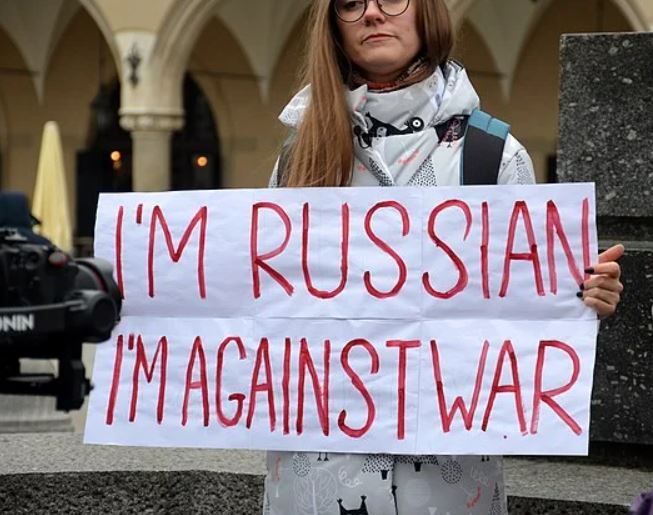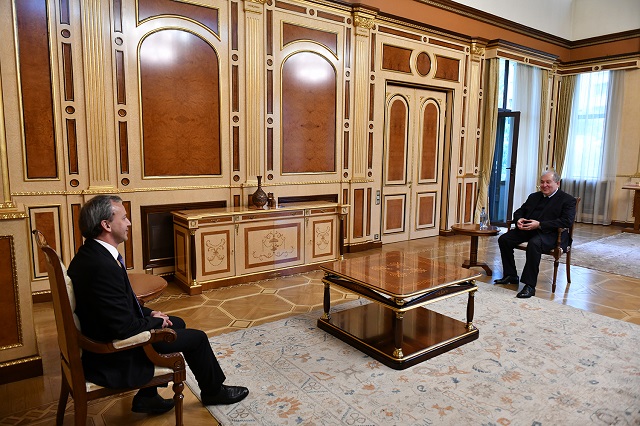There are artists, athletes, and other public figures in Russia who oppose the war waged by their country’s government. The official propaganda “comes to the pillar of contempt” for them, so to speak, for not being patriotic, and the state bodies ban their activities. For example, one of my favorite musicians, Boris Grebenshchikov, was subjected to such sanctions. There are celebrities, such as singer Nikolai Baskov, who justify the war. I do not know how popular singers like Baskov are in the West. If necessary, his concerts will be banned there.
In particular, the International Chess Federation did that to Russian grandmaster Sergei Koryakin, disqualifying him for 6 months because he supports Putin’s policy. There is some irony in the fact that Arkady Dvorkovich, who heads the federation, held a position in Putin’s administration some time ago. But there are “stars” who have not expressed any position and are still subject to “cultural sanctions,” which, I think, is not legal. A classic example is Valery Gergiev, whose concerts in a number of European cities, New York, and elsewhere have been canceled. He did not justify this war, but also refused to speak out against the war and blame Putin, with whom he had some ties before.
But let’s look at the problem from another angle. If you, as an artist, take this or that side in politics, then you must be ready that the other side will be dissatisfied with you, and in that case you can not say “do not mix art with politics,” because you were the first to mix it. What if you do not take sides? Is it possible not to take sides? Should the artist be required to “orient themselves”?
These questions, of course, have no definite answer. In my opinion, everything depends on the “context.” If we are talking about, say, the dispute between the RPA and the Civil Contract, then, it seems to me that the neutral position or indifferent attitude of the artist or intellectual is quite acceptable. It is a political dispute, it is a struggle for power, so let them deal with it. But when it comes to the lives of thousands of people and the cynical lies of the propaganda to kill people, it is highly desirable to focus here. To be “oriented” in this case does not mean to claim that there are angels on one side and monsters on the other. Suffice it to say, “I am against the war.” People are being persecuted in Russia for this simple sentence because the word “war” is banned there. The reason is known: all normal people hate war.
Read also
Aram Abrahamyan
























































